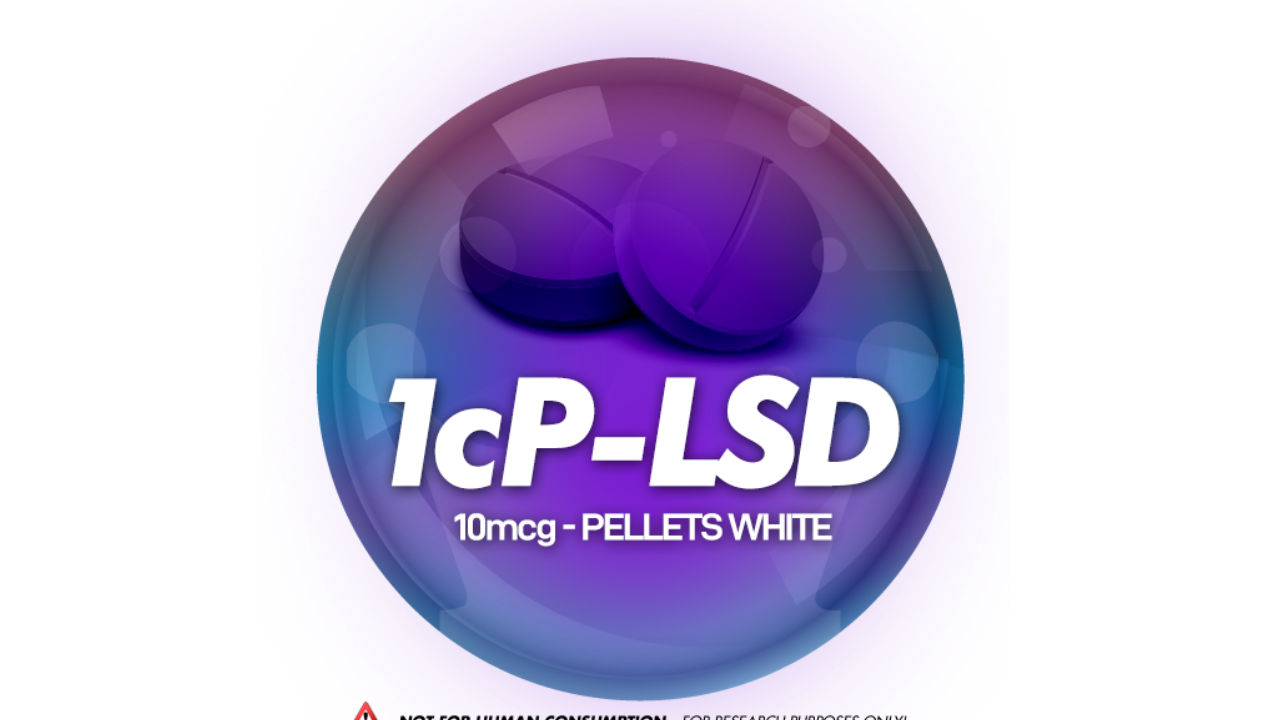1cP-LSD vs 1V-LSD
Premium research chemicals, lowest prices guaranteed
Exploring Research Chemicals: 1cP-LSD vs. 1V-LSD – Key Differences and Applications
In the ever-expanding universe of research chemicals, 1cP-LSD and 1V-LSD have emerged as two standout substances capturing the interest of scientists and enthusiasts alike. These lysergamides, cousins of the legendary LSD, are highly regarded for their potential in analytical and experimental studies. In this article, we’ll delve deep into the fascinating world of 1cP-LSD and 1V-LSD, comparing their chemical properties, potential applications, and legal status to help you better understand these two unique compounds.
What Are Lysergamides?
Lysergamides are a class of compounds derived from lysergic acid. They are known for their complex structures and fascinating interactions with serotonin receptors, making them valuable in both research and clinical studies. 1cP-LSD (1-cyclopropionyl-d-lysergic acid diethylamide) and 1V-LSD (1-valeryl-d-lysergic acid diethylamide) are modern derivatives designed to explore the potential of LSD-like compounds while complying with varying legal frameworks around the globe.

Breaking Down 1cP-LSD
Structure and Mechanism
1cP-LSD features a cyclopropionyl group attached to its structure. This minor modification gives it a distinct profile while retaining similarity to LSD. Like other lysergamides, 1cP-LSD interacts primarily with serotonin receptors, particularly 5-HT2A, which plays a significant role in mood, perception, and cognition.
Applications in Research
Researchers have been intrigued by 1cP-LSD’s stability and bioavailability. It’s often studied to understand:
- The pharmacokinetics of lysergamides.
- Potential receptor-binding affinities.
- Mechanisms of altered perception and neuroplasticity.
One reason it has gained popularity is its structural similarity to LSD, making it a strong candidate for studies exploring psychotropic potential without relying on LSD itself.
Legal Landscape
In many countries, 1cP-LSD exists in a legal gray area. While it’s not classified as a controlled substance in certain regions, its close resemblance to LSD means that regulations can change rapidly. Always consult local laws before engaging in research.

Zooming In on 1V-LSD
Structure and Mechanism
1V-LSD introduces a valeryl group, which is bulkier than the cyclopropionyl group in 1cP-LSD. This modification results in a unique pharmacokinetic profile. Some researchers hypothesize that the valeryl group could affect how the compound is metabolized, potentially influencing its onset and duration.
Applications in Research
1V-LSD is gaining traction as a tool for exploring:
- Advanced receptor dynamics.
- The effects of structural bulk on compound activity.
- Comparative studies between lysergamides and their derivatives.
The larger valeryl group may also allow scientists to explore previously inaccessible areas of lysergamide research, particularly in the context of pharmacological modeling.
Legal Considerations
Like 1cP-LSD, 1V-LSD occupies a legally ambiguous position in several regions. Researchers often appreciate its availability as a legal alternative to LSD, but as always, keeping up-to-date with regulations is essential.
We sell our products exclusively to customers aged 18 and over, strictly for research purposes only.

Key Differences: 1cP-LSD vs 1V-LSD
To truly understand these two compounds, let’s break down their differences:
| Aspect | 1cP-LSD | 1V-LSD |
|---|---|---|
| Structural Group | Cyclopropionyl | Valeryl |
| Molecular Bulk | Less bulky | More bulky |
| Stability | High stability for long-term studies | Slightly different stability profile |
| Applications | General receptor studies, psychotropic modeling | Advanced dynamics, comparative pharmacology |
| Legal Status | Varies by region, often unclassified | Similarly variable, but slightly newer |
Why Are These Compounds Important for Research?
The significance of 1cP-LSD and 1V-LSD lies in their ability to advance our understanding of serotonin systems and related psychopharmacology. These compounds provide a window into the intricate dance of neurotransmitters and receptors, with potential implications for treating disorders like depression, PTSD, and anxiety. They also represent a step forward in designing molecules that are both novel and compliant with legal frameworks.
Tips for Handling Research Chemicals
If you’re considering adding 1cP-LSD or 1V-LSD to your laboratory, here are some key points:
Source from Reputable Suppliers: Look for vendors like Chemistry King, who prioritize purity and quality. Their rigorous testing ensures you’re working with reliable materials.
Understand the Legal Context: Always verify the legality of your research compounds in your jurisdiction.
Prioritize Safety: Use appropriate protective gear and adhere to ethical research practices.
Document Your Findings: Contributing to the broader scientific community is part of what makes research rewarding!

The Future of Lysergamide Research
As science advances, the potential for lysergamides like 1cP-LSD and 1V-LSD to revolutionize experimental psychopharmacology becomes increasingly clear. These compounds aren’t just chemical curiosities—they’re the keys to unlocking deeper insights into the brain’s most intricate mechanisms. Their subtle yet significant differences allow researchers to explore uncharted territories of serotonin receptor interactions, opening doors to innovative treatments for mental health conditions like depression, anxiety, and PTSD.
But why stop there? The study of lysergamides could lead to breakthroughs far beyond psychopharmacology. By analyzing how small structural changes impact a compound’s behavior, scientists can develop tools that inspire innovations in other fields, such as neuroplasticity research and even computational biology. Imagine a future where lysergamides become a blueprint for designing next-generation therapeutics, tailored to individual receptor subtypes for precise intervention. Exciting, right?
Moreover, compounds like 1V-LSD, with its larger valeryl group, challenge researchers to think outside the box. How does this extra bulk influence metabolic pathways or receptor binding? These questions spark creative inquiry, ensuring that the future of lysergamide research remains dynamic and full of surprises.
For those diving into this fascinating field, remember that the journey is as important as the discoveries you make. Equip yourself with curiosity, precision, and reputable materials—and who knows what groundbreaking insights await?
Enjoy the researching journey!


